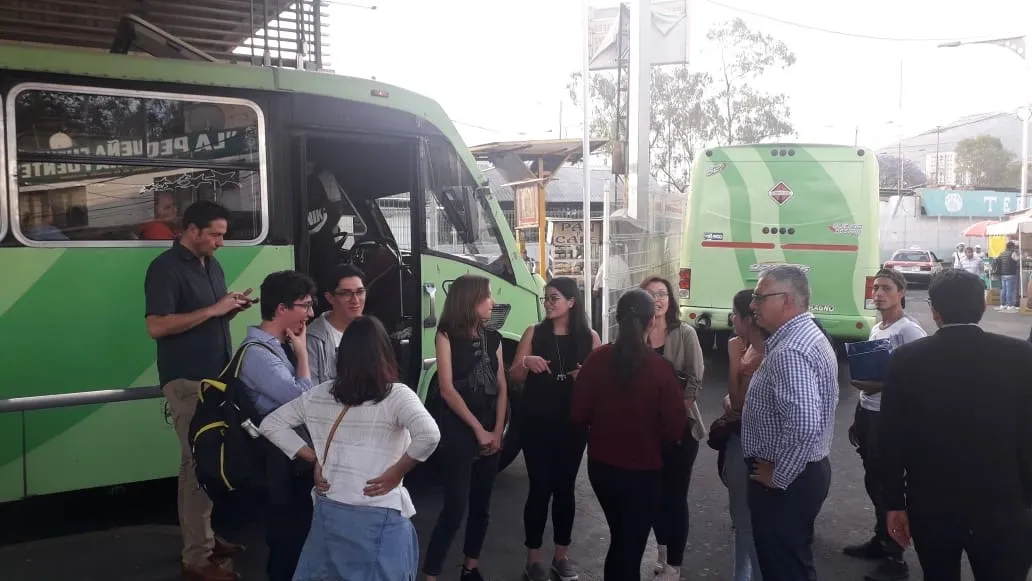PTV AG has announced that it will be presenting the next generation of trip planning solutions at Transport Logistic 2011 being held next week in Munich, Germany (www.transportlogistic.de). According to the company, this high-end planning software visualises complex transport processes, enables cooperative planning within the team of schedulers and joint scheduling of different types of transport in one single system.
May 17, 2012
Read time: 2 mins
PTV AG has announced that it will be presenting the next generation of trip planning solutions at Transport Logistic 2011 being held next week in Munich, Germany (www.transportlogistic.de). According to the company, this high-end planning software visualises complex transport processes, enables cooperative planning within the team of schedulers and joint scheduling of different types of transport in one single system.
Indeed, in the latter respect, PTV claims a world first for its multi-DIMA flexible distance matrix that runs automatically in the background. As PTV points out, a passenger car is faster than a van, and the latter is faster than a heavy goods truck. Additionally, a truck cannot always take the same routes as a smaller vehicle. Therefore, PTV SmarTour provides a separate DIMA for each vehicle profile, which means that the planning results are a lot more realistic and suited to each vehicle within the same plan. Other features include integration of all transport-relevant details, eco-friendly CO2 calculation, and the fact that SmarTour is freely scalable.
Indeed, in the latter respect, PTV claims a world first for its multi-DIMA flexible distance matrix that runs automatically in the background. As PTV points out, a passenger car is faster than a van, and the latter is faster than a heavy goods truck. Additionally, a truck cannot always take the same routes as a smaller vehicle. Therefore, PTV SmarTour provides a separate DIMA for each vehicle profile, which means that the planning results are a lot more realistic and suited to each vehicle within the same plan. Other features include integration of all transport-relevant details, eco-friendly CO2 calculation, and the fact that SmarTour is freely scalable.










